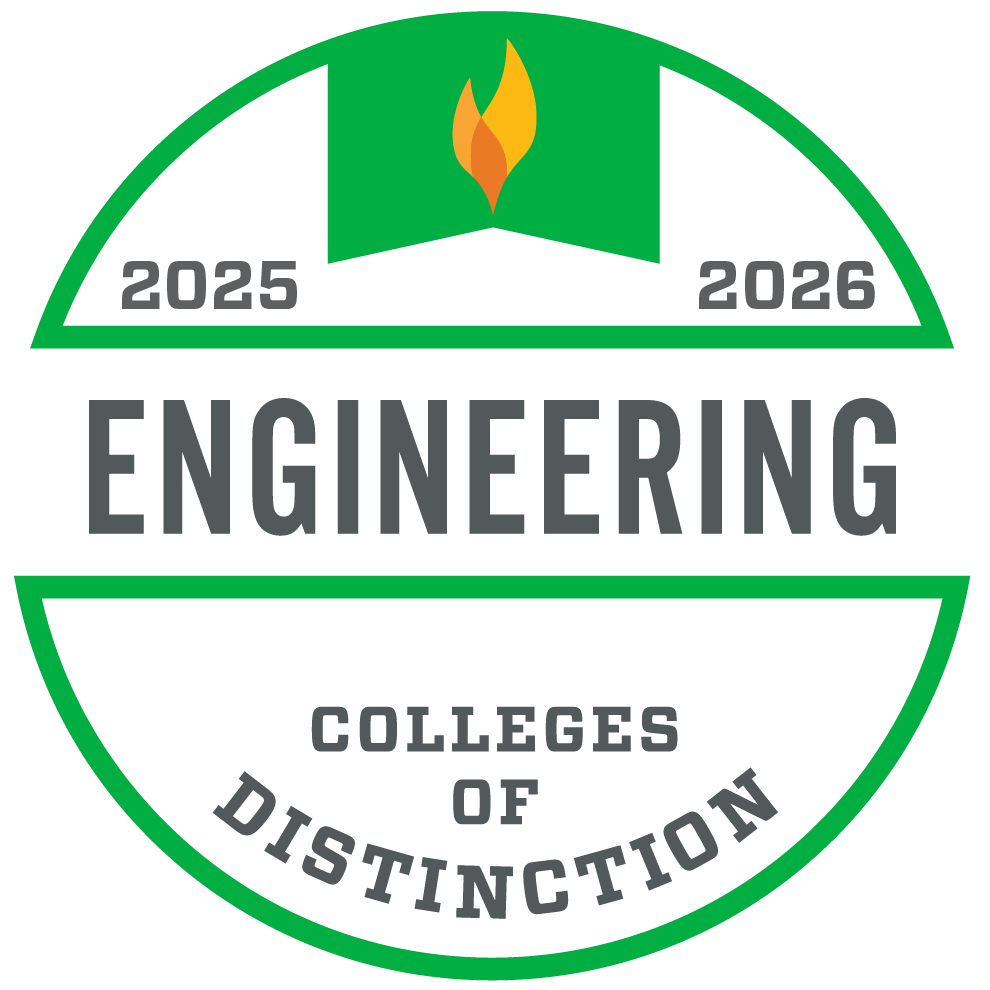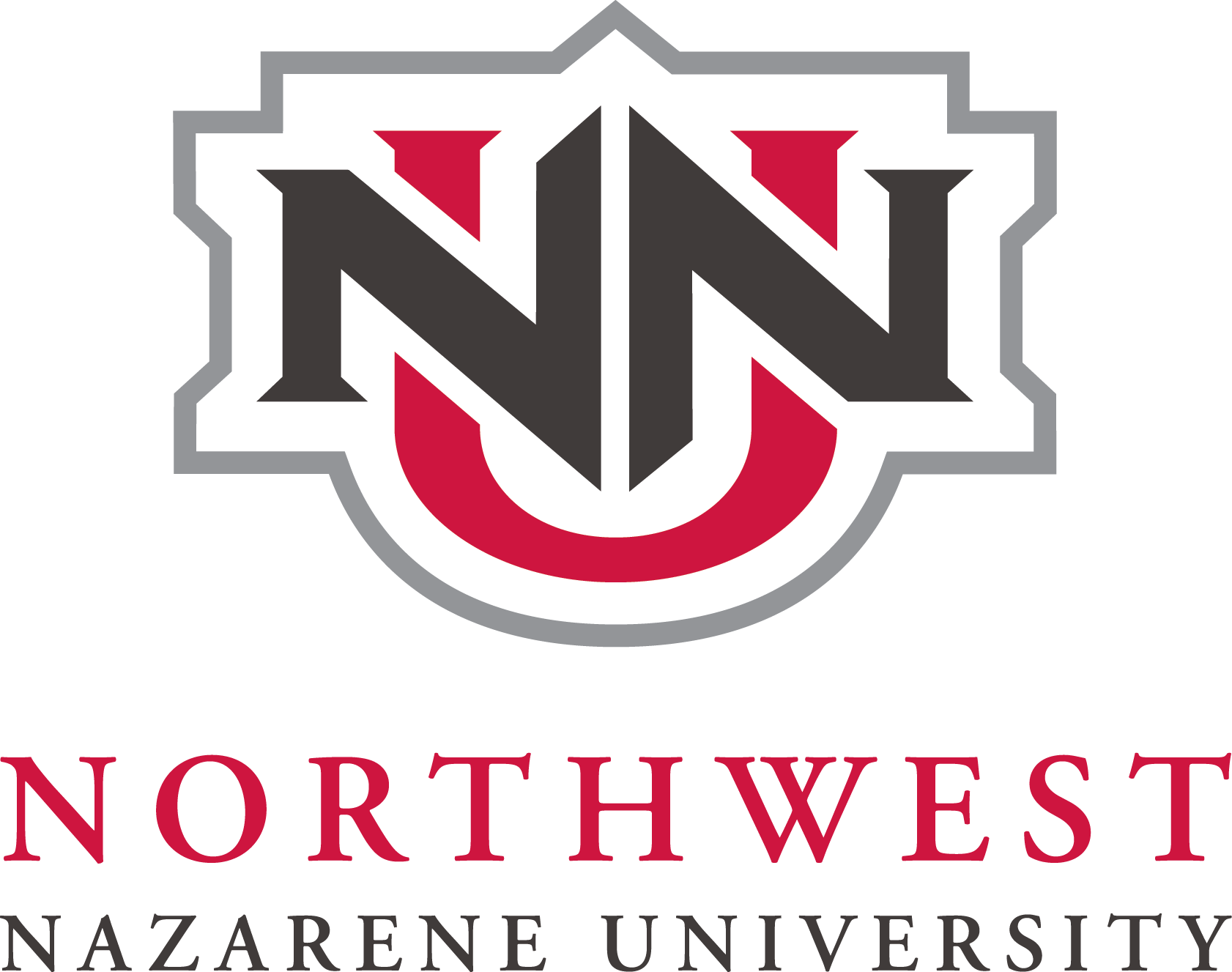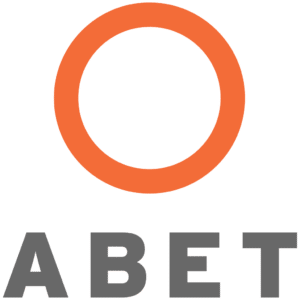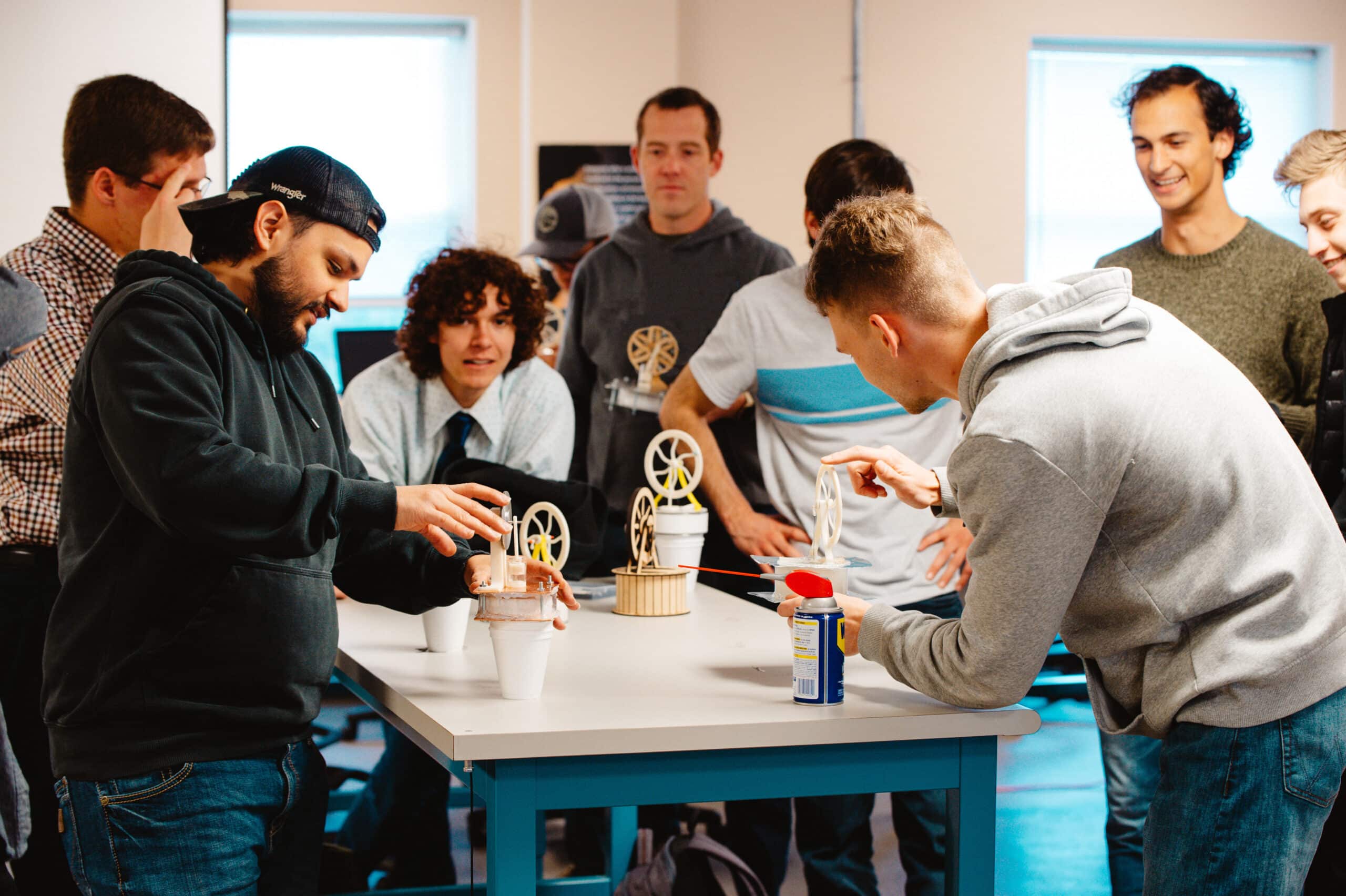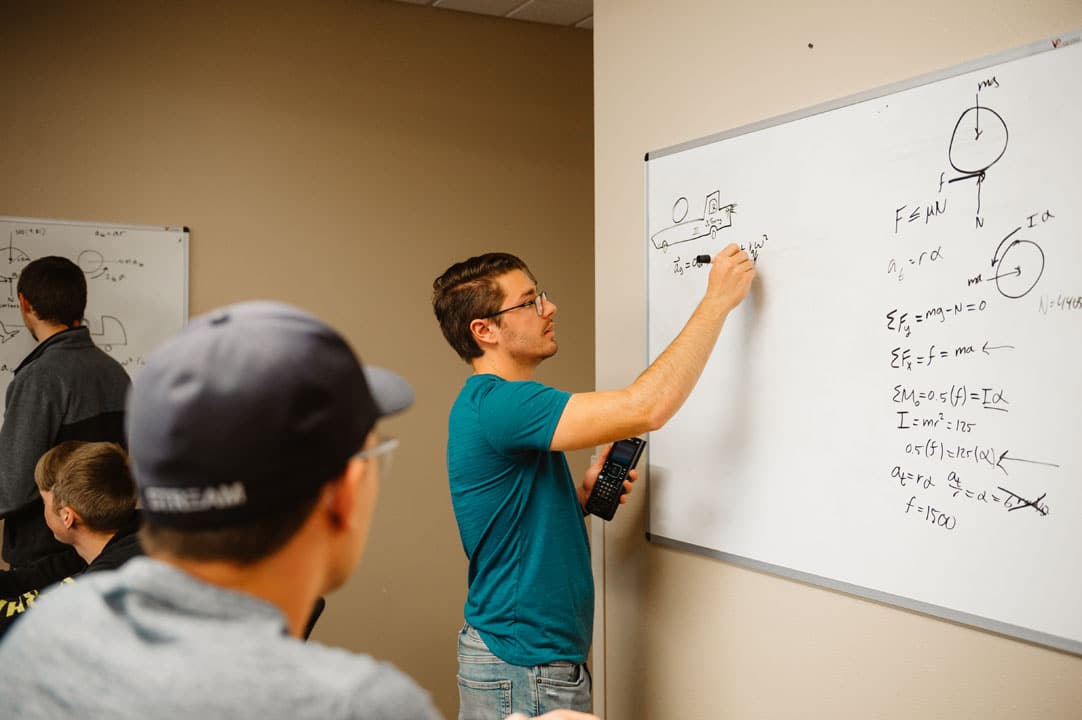Dr. Duke Bulanon
208.467.8047
DBulanon@nnu.edu
Department of
Engineering & Physics
Department of Engineering & Physics
NNU offers an interdisciplinary Bachelor of Science in Engineering degree with concentrations in Civil, Computer, Electrical, Mechanical, Semiconductor (in process), Agriculture and Engineering Physics. This rigorous program will prepare you to directly enter the engineering workplace, take the professional engineering licensure exam, and/or attend graduate school.
NEW:
NNU has partnered with Boise State University to provide an Accelerated Master of Science degrees in the various engineering fields. Students wanting to participate in this program will take two 5000-level NNU engineering courses, which will apply toward their BSE at NNU and their MS at BSU. View the pathway to the Accelerated MS in the catalog.
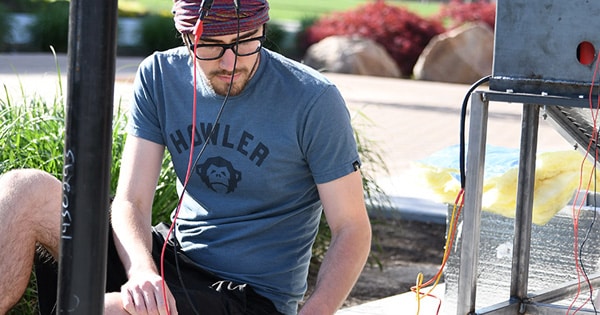
Bachelor’s Degree Options
About the Engineering & Physics Department
Engineering
NNU’s Engineering program is ABET accredited and will prepare students for a great engineering career, to become a licensed professional engineer, and to succeed in completing a Master’s or Ph.D. degree in graduate school. Graduates from our program have a high FE exam pass rate and job placement rate. Our graduates also have a high grad school acceptance rate at outstanding graduate schools such as Columbia, Georgia Tech, Purdue, Alabama, Vanderbilt and Carnegie Mellon. Our class sizes are typically small (15:1 faculty-to-student ratio) and our engineering faculty truly care about our students, both inside and outside of the classroom. Our faculty have years of industry experience to draw upon in mentoring students and providing hands-on training with lab and fabrication equipment.
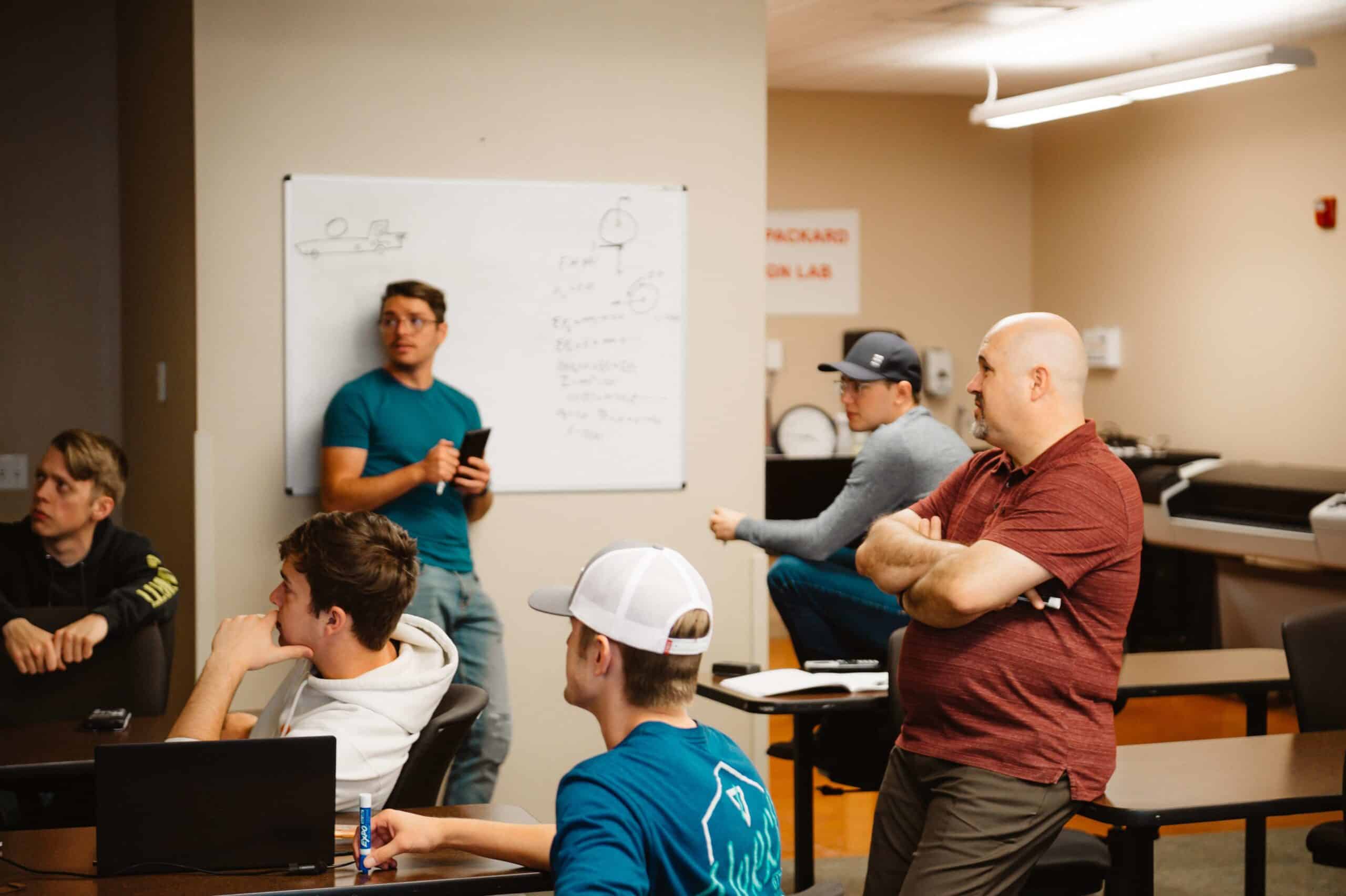
Physics
NNU offers a Bachelor of Science in Physics for students wishing to pursue graduate studies in physics after graduation. There is also a Bachelor of Arts in Physics for those wanting to get a degree in physics and pursue other studies such as law or medical school. We also provide a high school teaching field in physics, in cooperation with the NNU Education department.

Our small program is focused on the highest-quality undergraduate education. Our students focus on engineering fundamentals for the first two years and then concentrate on one engineering discipline for their final two years.
At the same time, our students benefit from NNU’s broad liberal arts educational, spiritual and residential campus experience. 85% of our engineering students graduate in four years compared to the national average of five years.
For students not starting in calculus, a 5-year Engineering Plan of Study is available for interested students.
NNU Engineering Program Information
Accreditation
The Northwest Nazarene University Bachelor of Science in Engineering (BSE) program is accredited by the Engineering Accreditation Commission of the Accreditation Board for Engineering and Technology (ABET), www.abet.org, under the General Criteria.
Program Educational Objectives
- Practicing engineering with professionalism, integrity and Christian principles
- Advancing in their career through continuous learning, leadership and teamwork
- Serving their profession, the community and God’s creation
Student Outcomes
- An ability to identify, formulate and solve complex engineering problems by applying principles of engineering, science and mathematics
- An ability to apply engineering design to produce solutions that meet specified needs with consideration of public health, safety and welfare, as well as global, cultural, social, environmental and economic factors
- An ability to communicate effectively with a range of audiences
- An ability to practice engineering with professionalism, ethics, integrity and Christian principles, and to make informed judgments that consider the impact of engineering solutions in global, economic, environmental and societal contexts
- An ability to function effectively on a team whose members together provide leadership, create a collaborative and inclusive environment, establish goals, plan tasks and meet objectives
- An ability to develop and conduct appropriate experimentation, analyze and interpret data, and use engineering judgment to draw conclusions
- An ability to acquire and apply new knowledge as needed, using appropriate learning strategies
Program Statistics
| Year | Enrolled | Graduated |
| 2015-16 | 77 | 8 |
| 2016-17 | 83 | 11 |
| 2017-18 | 85 | 19 |
| 2018-19 | 85 | 20 |
| 2019-20 | 71 | 7 |
| 2020-21 | 75 | 18 |
| 2021-22 | 85 | 12 |
| 2022-23 | 89 | 12 |
| 2023-24 | 88 | 13 |
| 2024-25 | 83 | 23 |
